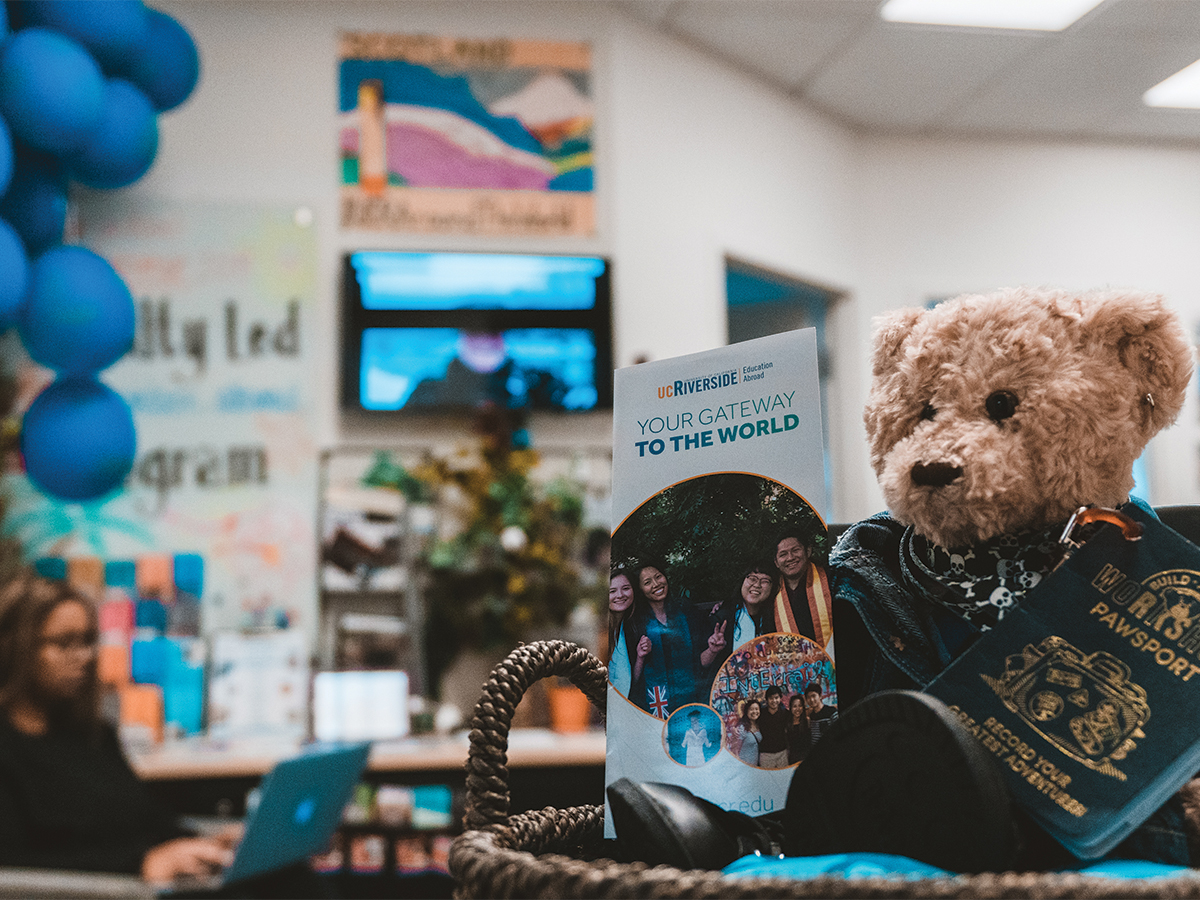
CORRECTION 4/4/19: On the printed version of this article, it is stated that the Education Abroad office is in Surge. This is incorrect. The Education Abroad office is in Skye Hall.
Some preconceptions people have about education abroad is that it is too dangerous, expensive, unimportant or time-consuming to be worth it. Most of those myths are not true. You can get credit from education abroad programs to help complete your degree requirements and there are many programs that range from summer to year-long. After choosing to study abroad, some may find the process intimidating at first. To those who are unfamiliar with the process, the necessary steps and paperwork may seem overwhelming. Here are some tips to keep in mind if you are thinking about education abroad.
What program will you apply to?
The Education Abroad office has three types of programs for students to learn abroad. The Faculty Led Education Abroad Program (FLEAP) is a 5-7 week program that takes place in the summer. In this program, a UCR faculty member leads a group of UCR students or UC students abroad for the duration of the program. It is like taking summer session courses, except instead of being at UCR, students take classes abroad.
The UC Education Abroad Program (UCEAP) is open to all UC students. These programs offer summer, semester, year-long and even some quarter programs. Depending on the program, you may be accompanied by other UC students.
Opportunities Abroad Program (OAP) offers study abroad programs through other UC and third-party providers. This program offers a variety of programs that vary in length and location.
Where do you want to go?
After picking a program, you should think about what country you want to study abroad.
Do you want to study in a country with a foreign language? Do you want to go to a country where English is the dominant language? What country do you want to go to and why? Is it because of the food, the culture or the language? These are some questions that can guide you in planning where you want to go.
How will you fund it?
A common misconception is that education abroad is too expensive. However, it is possible to get your trip entirely funded by scholarships. There are a variety of education abroad scholarships. Luckily, many of these are listed on the Education Abroad website, under the “finances” section. For most of the scholarships, you may need to write a personal statement or provide transcripts. Make sure to visit the Academic Resource Center to have your statement reviewed. Also, make sure to check the requirements and order papers like transcripts ahead of time.
What paperwork will you need to complete?
One of the things you will have to begin preparing is paperwork. Some programs may require statements of purpose, a cover letter and/or letters of recommendation.
One of the first things you need to do is make sure that your passport is up to date. The process to get a passport can take up to eight weeks, so it is best to start this as early as possible.
You will also need to go to a pre-travel appointment at the health center or with your healthcare provider. Appointments usually fill up fast, so make sure to book your appointment as soon as possible. In this appointment, you will be told the precautions you should take abroad, and if you are up to date with the required vaccinations for this country.
How do you start?
The first step you can take if you are interested in an UCEAP or OAP program is to visit the Education Abroad website and create a MyUCR Abroad interest profile. In the website, you will search for what programs you want to apply for and apply for them. You can visit the Education Abroad office on the third floor of the Skye Hall building to ask questions about the process. If you are interested in FLEAP, you can attend an information session.
It is recommended to plan your trip six to 12 months in advance, so the earlier you start, the better prepared you will be. You don’t have to have your whole trip planned out right away. Taking a few moments out of your day can give you enough time to search through programs and get started on the application’s components.
Education abroad is a process that does not have to feel overwhelming or intimidating. By starting early, you can comfortably work your way through the paperwork and finish the application on time. Be aware of deadlines for programs as they may come sooner than you expect.
For more information, please visit www.ea.ucr.edu or Skye Hall 321.







